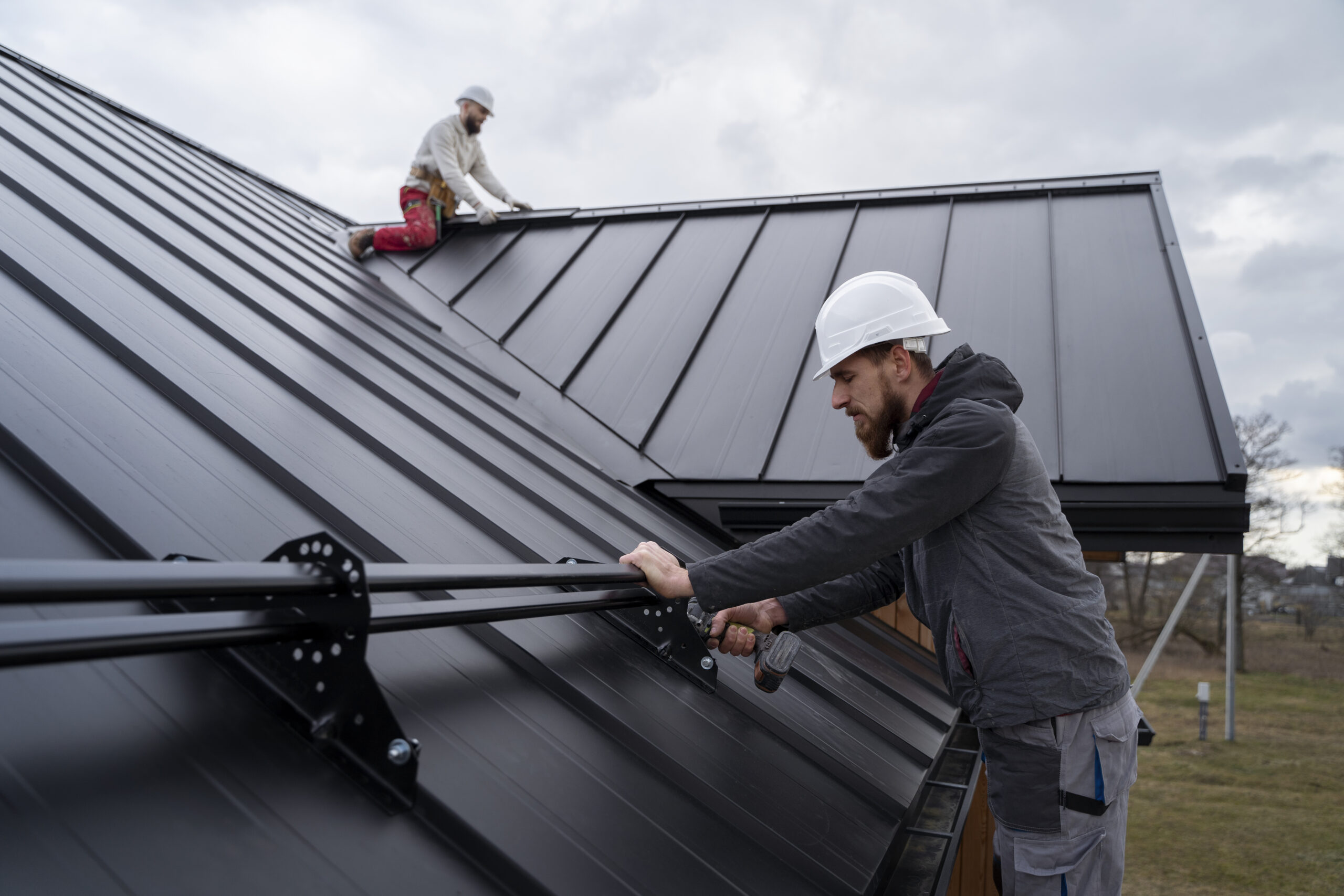A well-insulated home can significantly reduce energy bills while making a comfortable living space for you and your family. However, several factors must be considered when choosing insulation for your home. including the type of insulation material, its R-value, and its suitability for your climate and building structure. Additionally, proper installation and maintenance are crucial for maximizing the effectiveness of insulation and gutters for your home.
Many options are available, whether you’re considering spray foam or cellulose insulation for your attic or blanket rolls for walls.
Table of Contents
Insulation
Insulation slows heat transfer from hot surfaces like stoves and roofs to you or other objects in your house. This reduces energy expenses and facilitates the maintenance of a suitable temperature.
Both in the summer and the winter, it keeps your house warmer. It lessens outside noise as well.
Quality insulation minimizes energy consumption, preserving non-renewable resources and reducing greenhouse emissions. It also increases the resale value of your property.
There are several different types of insulation, including fiberglass, rock wool, cellulose, and spray foam. Each has different R-values and installation methods. Your chosen type depends on your budget, R-value requirement, and DIY capabilities.
Insulation prevents moisture buildup in walls and ceilings, reducing the risk of mold growth, which can affect your health and damage the structural integrity of your home. It is essential in older homes where it can prevent condensation and water leaks. It also controls air circulation, avoiding draughts and cold spots.
Gutters
Gutters may not be the most glamorous home improvement, but they’re one of the most important. They serve many crucial functions, including preventing water damage to your roof and foundation.
Without gutters, rainwater would pour off the edge of your roof and into the ground around the house, which can cause foundation cracking, soil erosion, mold, and water damage to basements and crawl spaces. Gutters dispense rainwater into downspouts that channel it away from your house and into drainage systems or extensions that can redirect the water to garden areas, eco-friendly rain barrels, or other storage containers for gardening during dry seasons.
You can choose from various gutter types and sizes, including copper, steel, vinyl, or seamless gutters. Seamless gutters are formed from one long piece, making them stronger and more durable than sectional gutters. Downspout elbows – shaped like an angle at the bottom of a downspout and help direct water away from your foundation – are also available, as are gutter screens to prevent debris from entering the gutter system.
Downspouts
Downspouts (also known as water spouts, drainpipes, and gutter extensions) are the unsung heroes of your home. They help keep gutters from overflowing during rain storms and prevent water damage like mold growth, wood rot, foundation wall cracks, and peeling paint.
Gutter downspouts help avert soil erosion by dispersing rainwater at the surface of your lawn, directing it away from your house and not toward your foundation.
You can choose from several downspout styles and materials, including vinyl, aluminum, and galvanized steel. Maintaining your downspout system regularly to prevent downspout clogs is most important. Downspouts can also be buried underground, avoiding a potential tripping hazard. Moreover, downspout extensions can be installed for more flexibility in removing water from your property. They are available in a variety of lengths to suit your needs.
Also Read : Easy Ways To Educate Your Kids About Earthquakes
Cleanliness
Your gutters are the hidden heroes that prevent water damage to your foundation, walls, and roof. However, they can only do their best work if they are clean.
Dirty gutters cause many problems. For starters, they clog and overflow, which means that when it rains, water hits the ground alongside your home instead of flowing into downspouts and away from the house. This can lead to erosion, which may damage your home’s foundation and create leaks in your basement or around the edges of your house.
Clogged gutters also affect your home’s energy efficiency by allowing moisture to accumulate in wall cavities, compromising insulation and negatively affecting indoor air quality. You should frequently clean your gutters at least twice a year or more if you live in an area with heavy rainfall.
